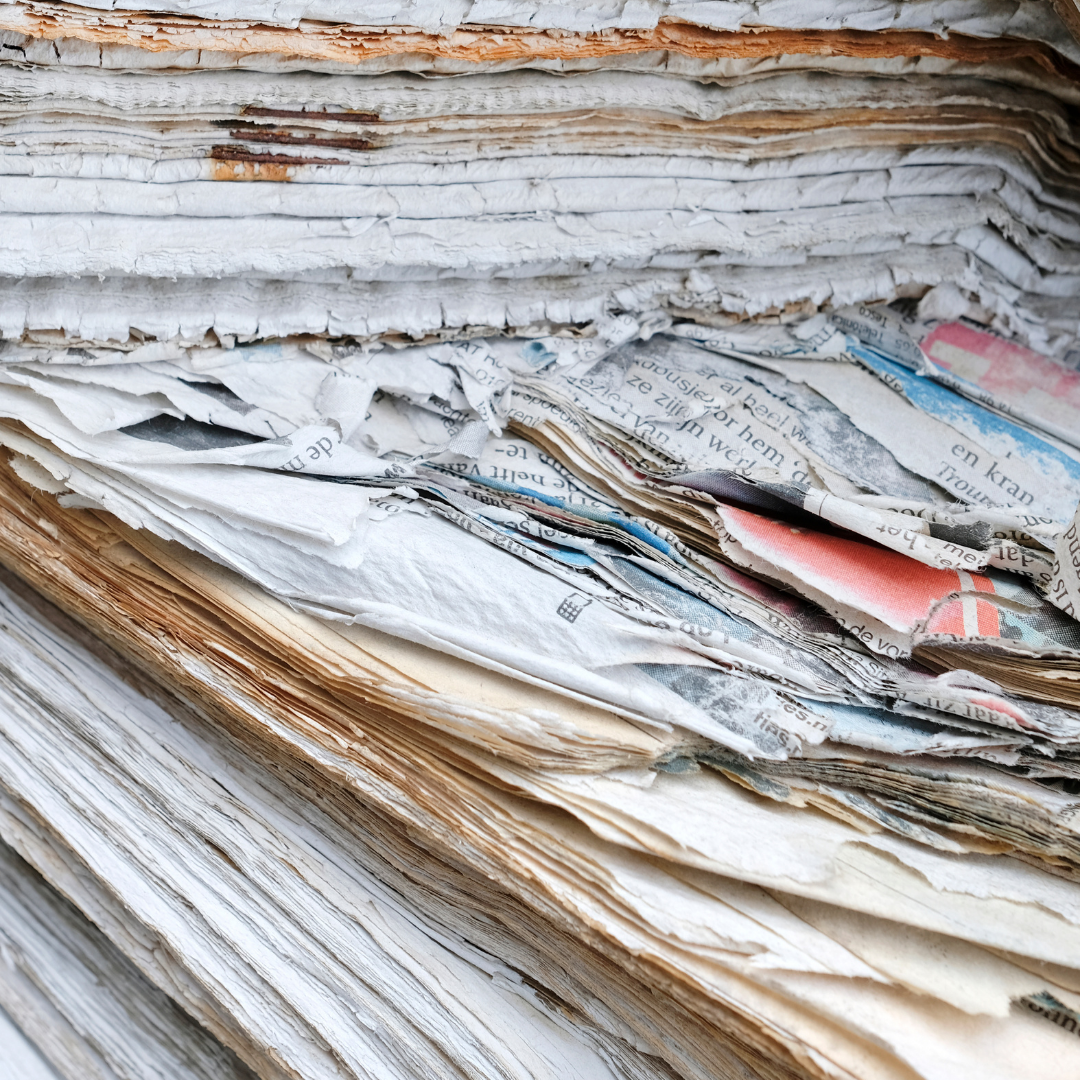
With April showers come … the sad reality that your library might have become flooded overnight. In my time as a librarian, this has only happened twice in the past decade, fortunately, but if past experience is anything to go by, it will likely happen again. Library management and law firm administrators can be prepared.
Aside from the very first actions in dealing with wet collections such as stopping the flow of water, moving dry materials to a safer locale, and removing any moisture from the vicinity, there are certain other recommended measures for caring for your collection.
- Go Low. Reduce the overall humidity in the air by turning on air conditioning, using standing fans, and reduce the temperature to below 65 degrees Fahrenheit if possible.
- Air Dry What You Can. If possible, attempt to air dry what materials you can. Use clean towels, unprinted paper towels, and fans to blot and soak up moisture from non-glossy printed materials. For normal hardcover books, attempt to separate pages when only damp. If very damp, then separate in only ¼” stacks to reduce risk of tearing. Use paper towels to interleave with book pages to speed up drying. Frequently check drying pages and exchange dampened paper towels for dry and check for mold growth. For books with glossy coated paper, parchment, and rare books: do not attempt to air dry, but immediately freeze.
- Freeze It. It is important to freeze wet books with glossy pages to prevent tearing since the glossy film on the page acts as a glue when wet. Freezing also prevents and deactivates mold growth when frozen for at least 24 hours. Using a household freezer is fine, but the settings should be adjusted to the lowest possible setting. If you have a “frost free” setting, then use it to freeze dry the items over the course of the next few months. If this setting is not available to you, then freeze on the lowest setting and contact a disaster recovery service that might be able to blast freeze and vacuum freeze dry materials. If time allows and the number of affected books is not too onerous, then use freezer wrap to separate the books, before placing the spine down to solidify. Wet books should not be packed flat if at all possible because the weight will cause damage to the bindings of the books on the bottom.
These techniques are relevant for many other departments and workspaces across your physical plant such as records management and accounting. For more information on the treatment of flood, mold, smoke, and soot damage to library collections, readers are advised to follow the Library of Congress Guidelines.
Related Posts
Due to the COVID-19 pandemic, many law firm libraries are finding that one of their biggest challenges during [...]
There’s just something about Fall that has us craving pumpkin lattes and learning. We’ve rounded up some [...]
Law firm administrators should consider evaluating their library collection on a periodic basis to keep [...]



